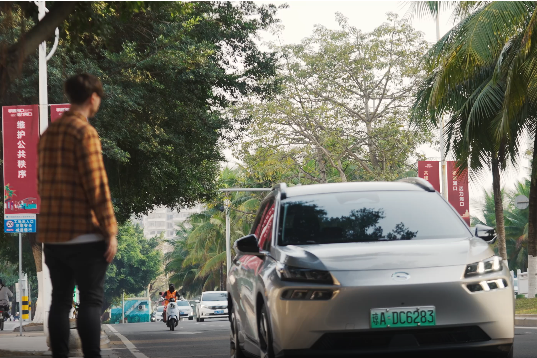Bangladesh is widely known as a land of rivers and ponds because of its rich network of water bodies. Dhaka, the capital and largest city of the country, has a population of nearly 20 million. Local water resources have been faced with the threat of household and industrial wastewater, as well as pesticide residue.
"The water in the Gojaria River used to smell terribly and there were few fish. People would feel sick when they took a bath with its water in the past," said Nassim, a resident of Dasherkandi village in the southeastern outskirts of Dhaka, during an interview.

On August 1, 2017, the Dasherkandi Sewage Treatment Plant project started construction. It was designed and built by the POWERCHINA Chengdu Engineering Corporation Limited (POWERCHINA Chengdu) under Power Construction Corporation of China (POWERCHINA), and has a daily sewage treatment capacity of 500,000 cubic meters. It can process sewage for nearly 5 million people in Dhaka daily and has fundamentally improved local water quality and raised the overall life quality of people in the beneficiary areas.
The sewage treatment plant has processed and discharged over 150 million tons of standard wastewater and transformed neighboring heavily polluted rivers and marshes into popular tourist destinations since it came into operation.

Now, local students and residents enjoy taking a boat on the river and boatmen are earning more money. Children swim and play in the ponds surrounding the sewage treatment plant. Nearby herds of cattle can also take advantage of the clean water for drinking.
The dramatic improvement of the water quality of the Gojaria River has exercised positive impacts on the business operation of water supply plants in downstream areas. For instance, their operational and maintenance cost have been fundamentally reduced because of the improved water quality.
Many people there said that local environment has become better and there are fewer cases of mosquito-borne diseases like dengue fever, malaria and diarrhea since the completion of the sewage treatment plant.
In addition, the sewage treatment plant has also created lots of employment opportunities.

The Dasherkandi Sewage Treatment Plant is an important project under the China-proposed Belt and Road Initiative (BRI) and has become an exemplary case in the implementation of the Global Development Initiative.
In her speech at the completion ceremony of the plant on July 13, 2023, Bangladeshi Prime Minister Sheikh Hasina said that the country's sewage treatment master plan originates from the project and that it will play a vital role in further improving the environment and water quality of numerous rivers.

The Dasherkandi Sewage Treatment Plant has set several records, including becoming the first and the largest modern sewage treatment plant in Bangladesh, the largest single sewage treatment plant in South Asia, and the first modern sludge drying-incineration in Bangladesh. It has also become the first overseas project built using China's "spray-drying and rotary kiln incineration" technology and equipment.







